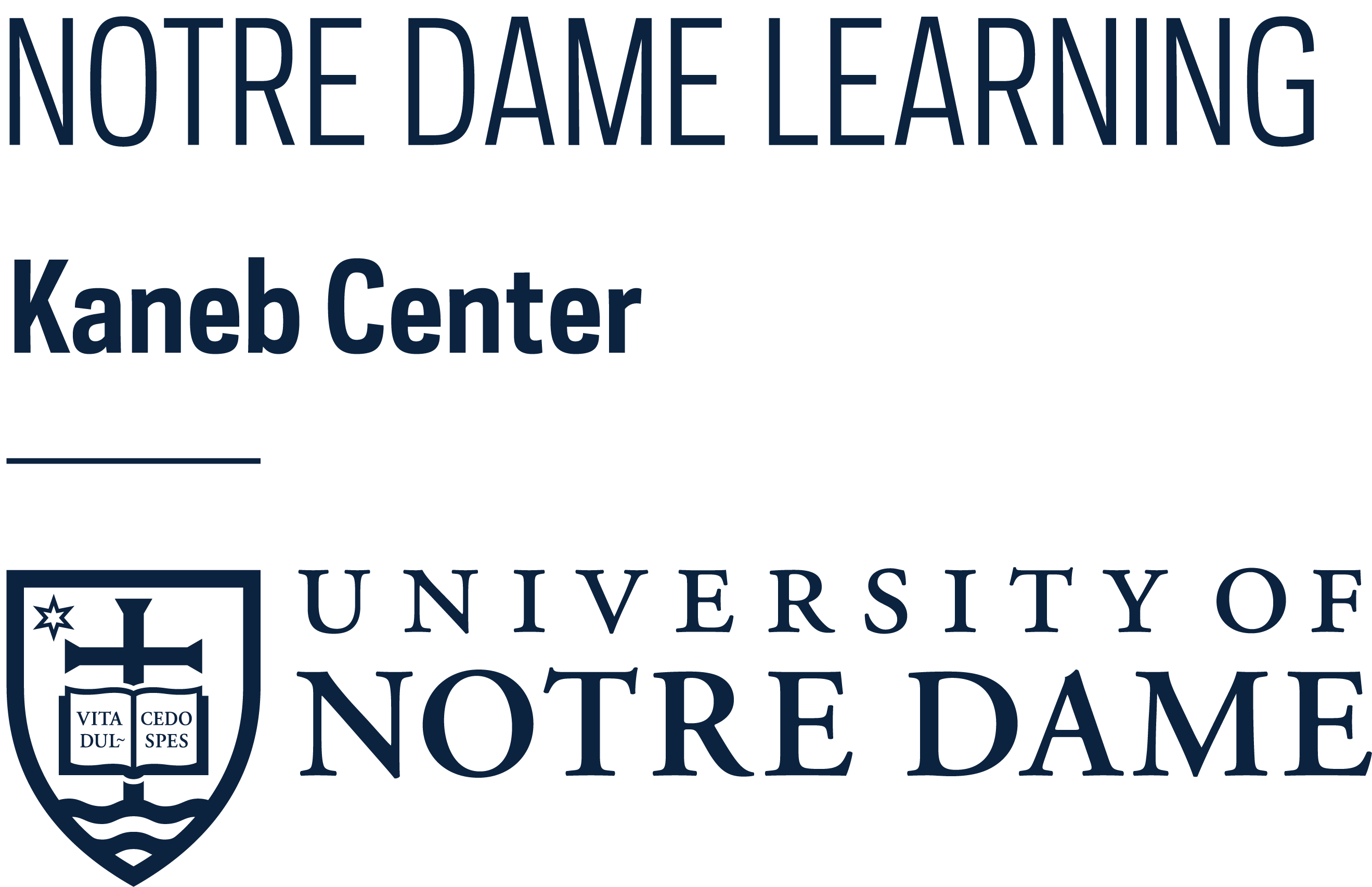The following entry from the 2012-2013 Teaching Issues Writing Consortium: Teaching Tips was contributed by Patrick Lee Lucas, Ph.D. from the Faculty Teaching & Learning Commons at the University of North Carolina at Greensboro.
———————————————————–
“It usually takes more than three weeks to prepare a good impromptu speech.”
–Mark Twain
Community engagement, gaining ascendancy in recent years for some disciplines, brings great promise for students and teachers as a memorable and meaningful approach to education. A burgeoning literature characterizes many aspects of this pedagogy, but a number of clear principles help ensure a quality community-based learning experience for all participants.
validity of the “text”
By thinking of the community as a text, specifically selected for maximum impact in the classroom – as well as beyond it, selection of a community site or partner parallels the agonizing selection of a textbook. With no “perfect” text out there, teachers must choose a location or organization for students that will help them test out the theories they learn in the classroom, balancing the shortcomings and the positive attributes of the source. Instructors should consider the difficulty of the community agency as text, how easily it can be read and understood by students, and how poised for highlighting, underlining, and notetaking the agency and its staff, volunteers, and clients might be.
reciprocity
From the perspective of the faculty, one way to guarantee a successful collaboration with students and community partners is to consider the reciprocity of such an undertaking for all parties concerned. Community engaged activity thus represents not just a one way street, with students and faculty dropping into the community, with little care or concern about the true needs, the success of some approaches over others, and the ability to hear and understand what happens when the vital energy of students finds its way into the city. There can be nothing more deeply satisfying than for a student to know the tasks they have undertaken really do matter and do make a difference for others. Having that good feeling in the end requires much listening, an openness to others, and a deep connection to the community by the faculty member.
in it for the long term
By living in a place, one begins to know it more deeply and thus comprehend the needs of its constituents, organizations, and community as a whole. Community-based work calls for faculty to leave their offices, classrooms, and studios, and be in the city – on its streets, patronizing its retail establishments and services, letting its culture seep in to the faculty life. By listening closely and examining where the community does not quite come together or where there might be friction or where there exists a need to be met – these cracks and fissures provide golden opportunities for faculty, students, and institutions to truly be of benefit to the places in which they sit. A long-term attitude of a faculty member thinking with the community ideally makes possible a recognition of an authentic approach that will result in transformative, positive change.
the syllabus and learning goals
Because any community-engaged project requires thoughtful articulation of responsibilities and connection to the educational purposes of activities, the syllabus provides the place for the critically important documentation of expectations for faculty, student, and partner. Taking the time to work with the community site or agency to help them see the learning goals of the course and the way that the community project ties in with the rest of the material from class makes a huge difference in understanding with the staff, volunteer, or agency with whom or where the student and faculty may work. In having these conversations before the semester commences and in talking them through, faculty help avoid challenges and circumstances for students, the faculty member themselves, and the community partner throughout the semester and beyond.
resource
Hatcher, Julie A. and Bob Bringle, eds. (2011) Understanding Service Learning and Community Engagement: Crossing Boundaries through Research. International Association for Research on Service-Learning and Community Engagement.
Submitted by
Patrick Lee Lucas
Associate Professor
Faculty Teaching & Learning Commons
University of North Carolina at Greensboro
